With all of the sharks and other critters trespassing into our space, we’re not diving head first into the deep end to kick off the 2020 college football season. No, no, no. This Year That Will Live in Infamy calls for a cautious dipping-of-the-toes into the shallows to see whether we can actually retrieve all of them afterwards.
So yeah, there is actual live FBS football this week. It’s just that we’re going to have to bide our time with nachos and bread until the server gets here. Funny how nachos and bread tastes like manna when you’re famished.
We usually post an abbreviated schedule curated just for Vols fans first, and because tradition matters ’round these parts, we’re doing that again today, although what matters to Vols fans this week is really not much different than what matters to everyone else. If it’s live FBS football, we’re watching.
Thursday, September 3, 2020
| Away | Home | Time | TV | How | Why |
| Central Arkansas | UAB | 8:00 PM | ESPN3 | Live | Opponent from last year |
This one at least involves an opponent with whom we have some recent familiarity, as we beat the Blazers 30-7 a lifetime ago last fall. So, we’re rooting for them to look good.
Gameday, September 5, 2020
| Away | Home | Time | TV | How | Why |
| Eastern Kentucky | Marshall | 1:00 PM | ESPN | Live | It's football |
| SMU | Texas State | 4:30 PM | ESPN | Live | It's football |
| Arkansas State | Memphis | 8:00 PM | ESPN | Live | It's football |
Hmm. Well, it’s football, and it’s football the live long day. Who’s up for finding out whether we can actually get full on peanuts?
Monday, September 7, 2020
| Away | Home | Time | TV | How | Why |
| BYU | Navy | 8:00 PM | ESPN | Live | It's football |
And here we are with what will likely be an actual good game in which we have a fair degree of rooting interest. You’ll no doubt recall the Vols’ super-fun loss to BYU in the second game of the season last year, and Navy was sneaking up on people all year long last season. I’m rooting for BYU in this one despite the faint lingerings of a massive grudge.
Full searchable college football TV schedule
Here’s the entire 2020 college football TV schedule for this week:
| Date | Away | Home | Time | TV |
|---|---|---|---|---|
| 9/3/20 | Central Arkansas | UAB | 8:00 PM | ESPN3 |
| 9/3/20 | South Alabama | Southern Mississippi | 9:00 PM | CBSSN |
| 9/5/20 | Eastern Kentucky | Marshall | 1:00 PM | ESPN |
| 9/5/20 | SMU | Texas State | 4:30 PM | ESPN |
| 9/5/20 | Houston Baptist | North Texas | 7:30 PM | ESPN3 |
| 9/5/20 | Arkansas State | Memphis | 8:00 PM | ESPN |
| 9/5/20 | Stephen F. Austin | UTEP | 9:00 PM | ESPN3 |
| 9/7/20 | BYU | Navy | 8:00 PM | ESPN |
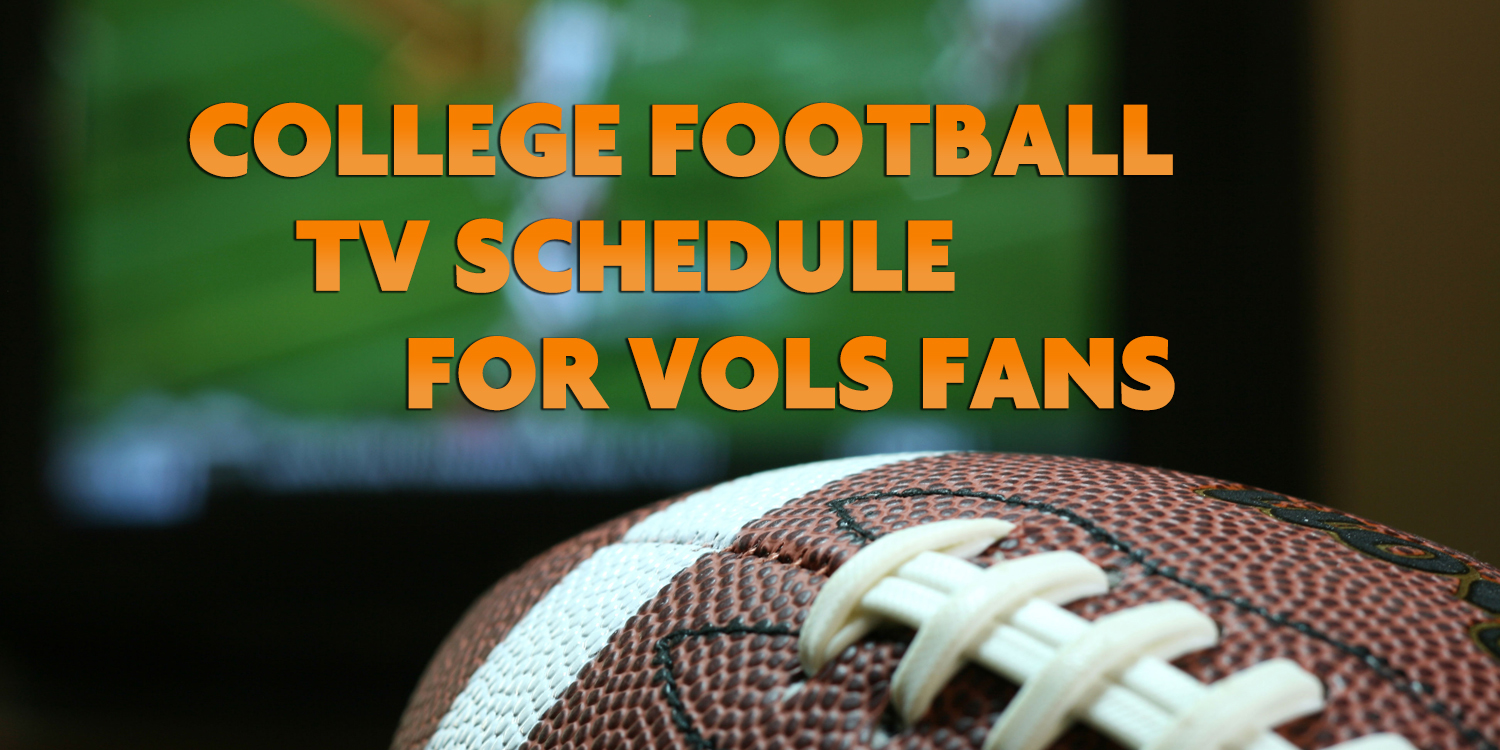
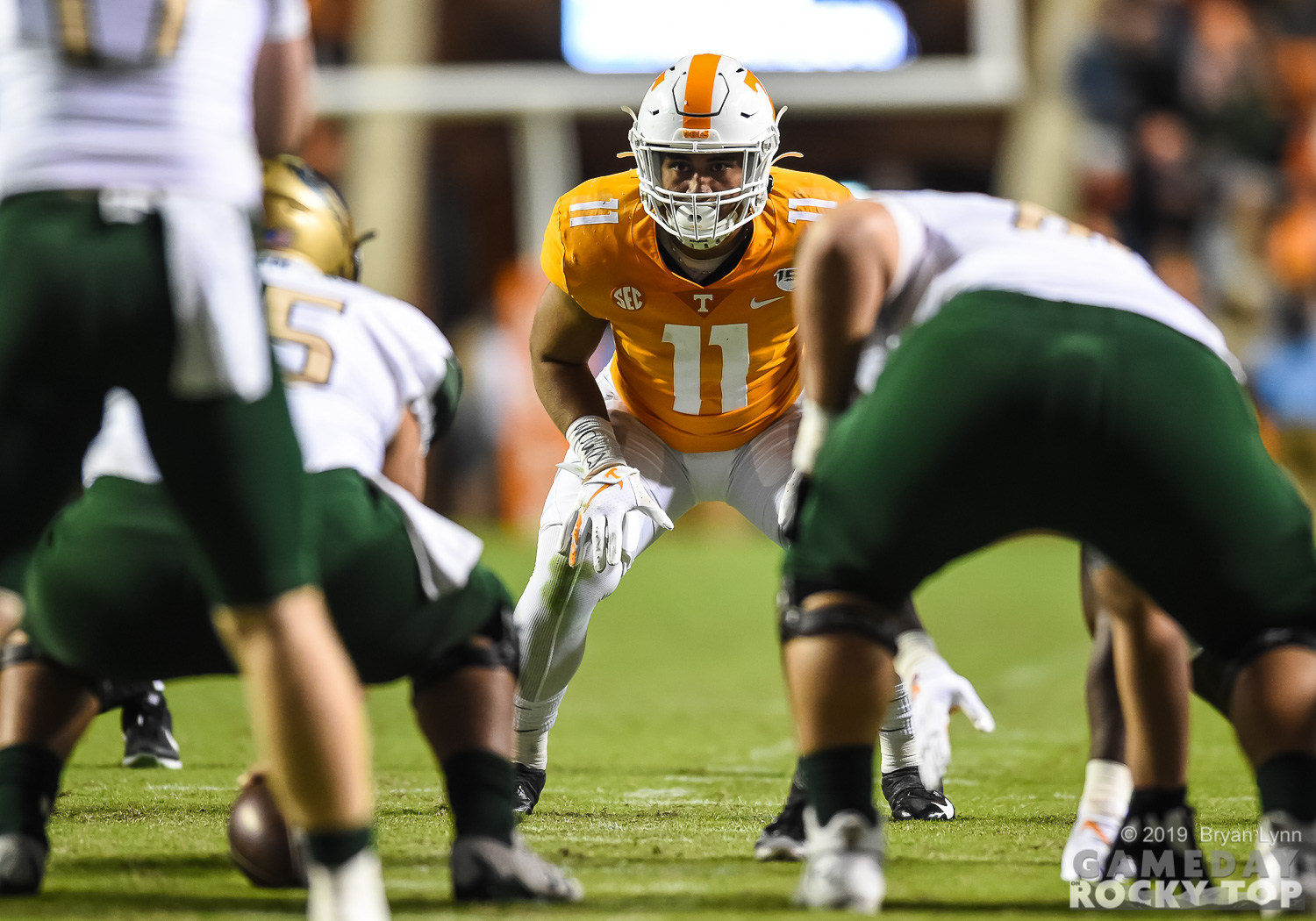
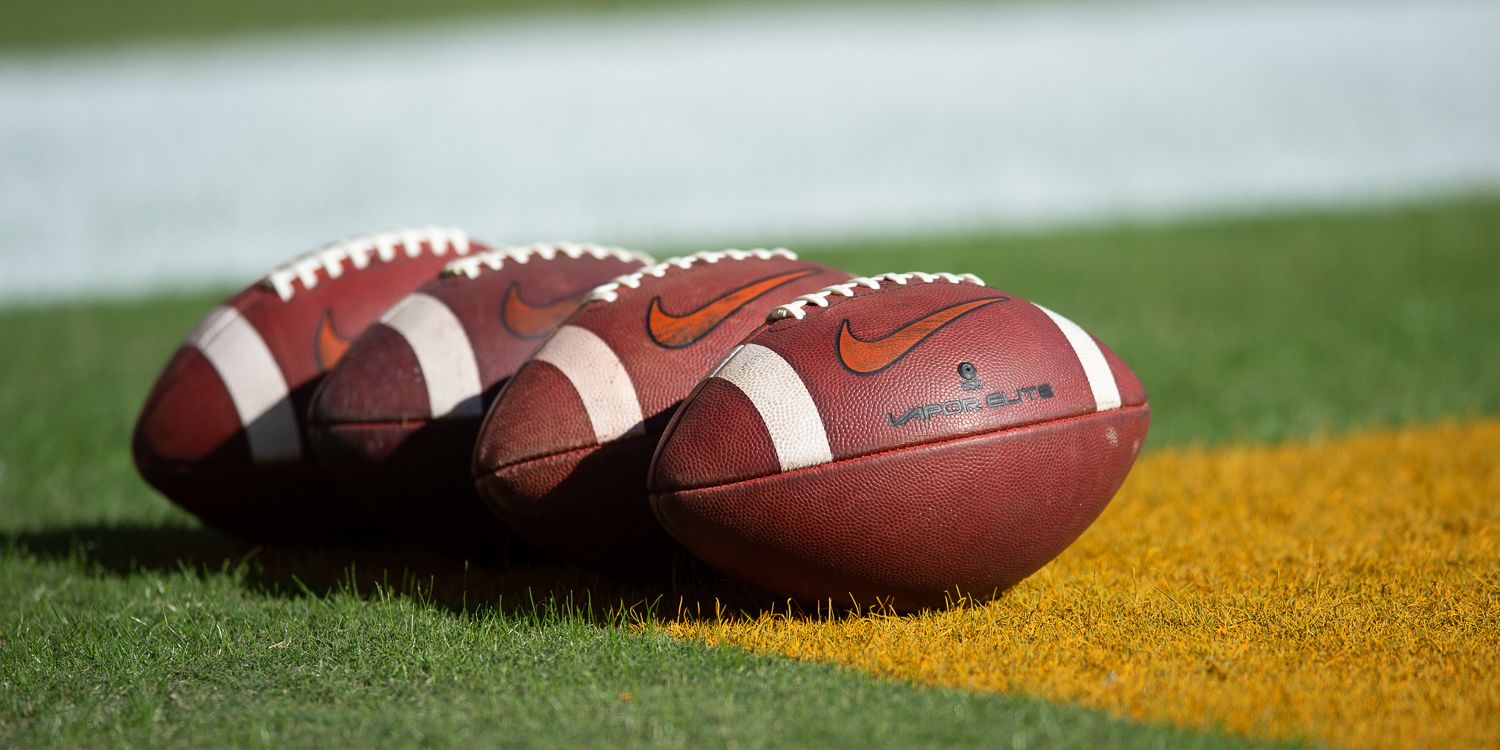

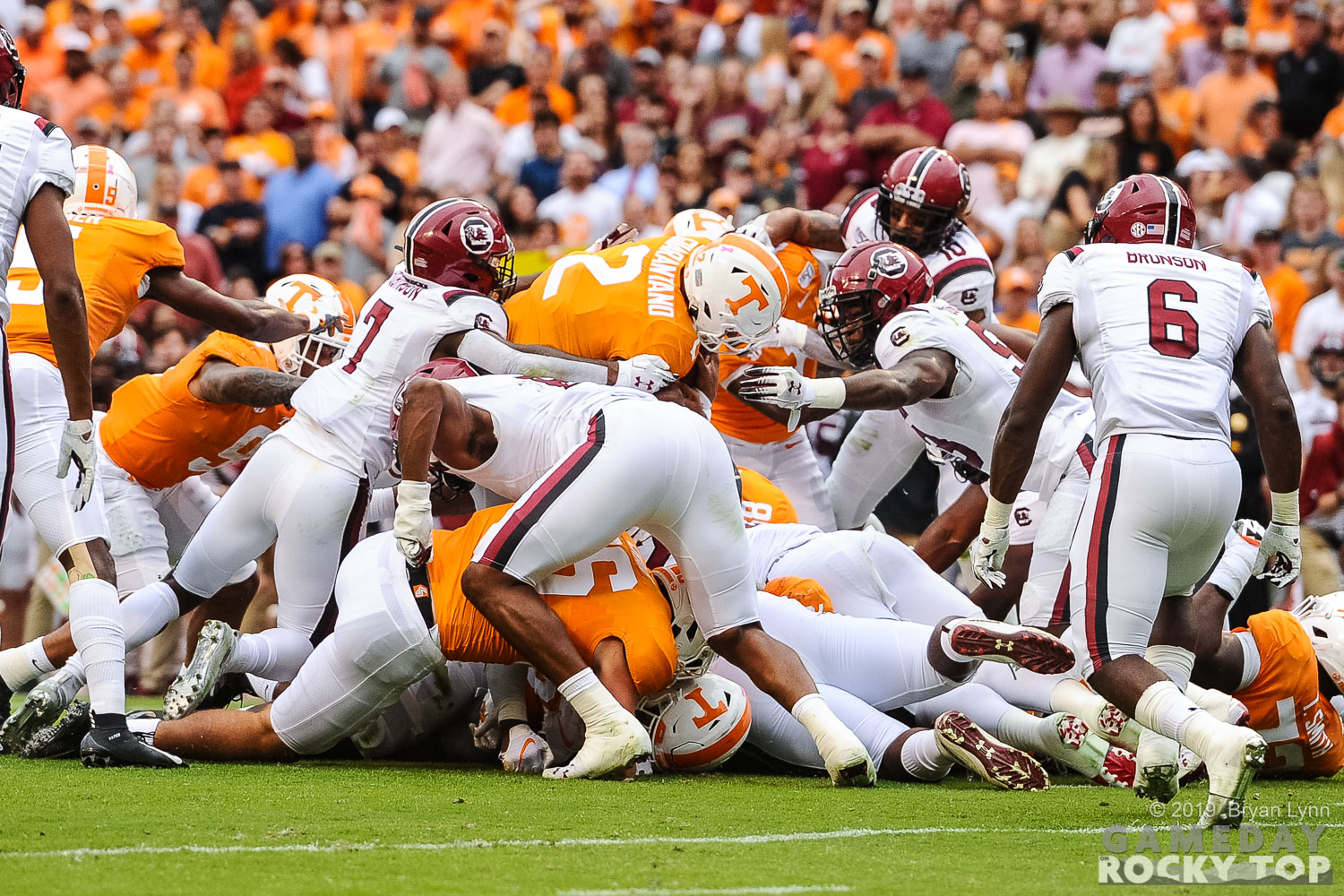
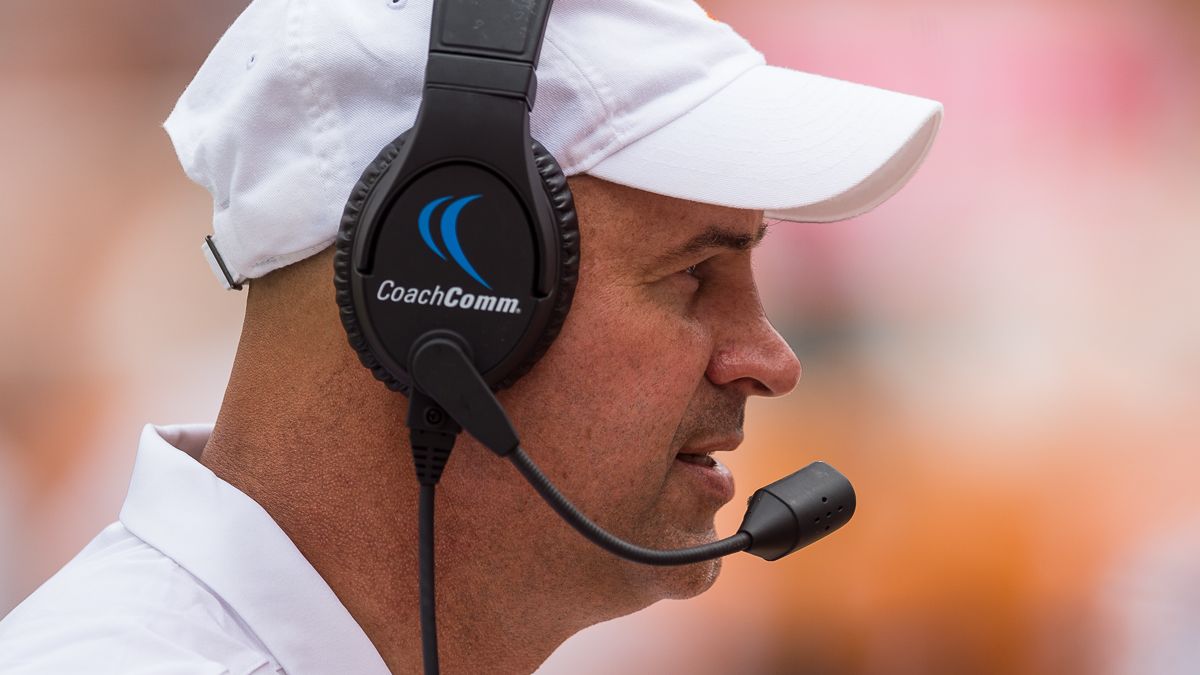
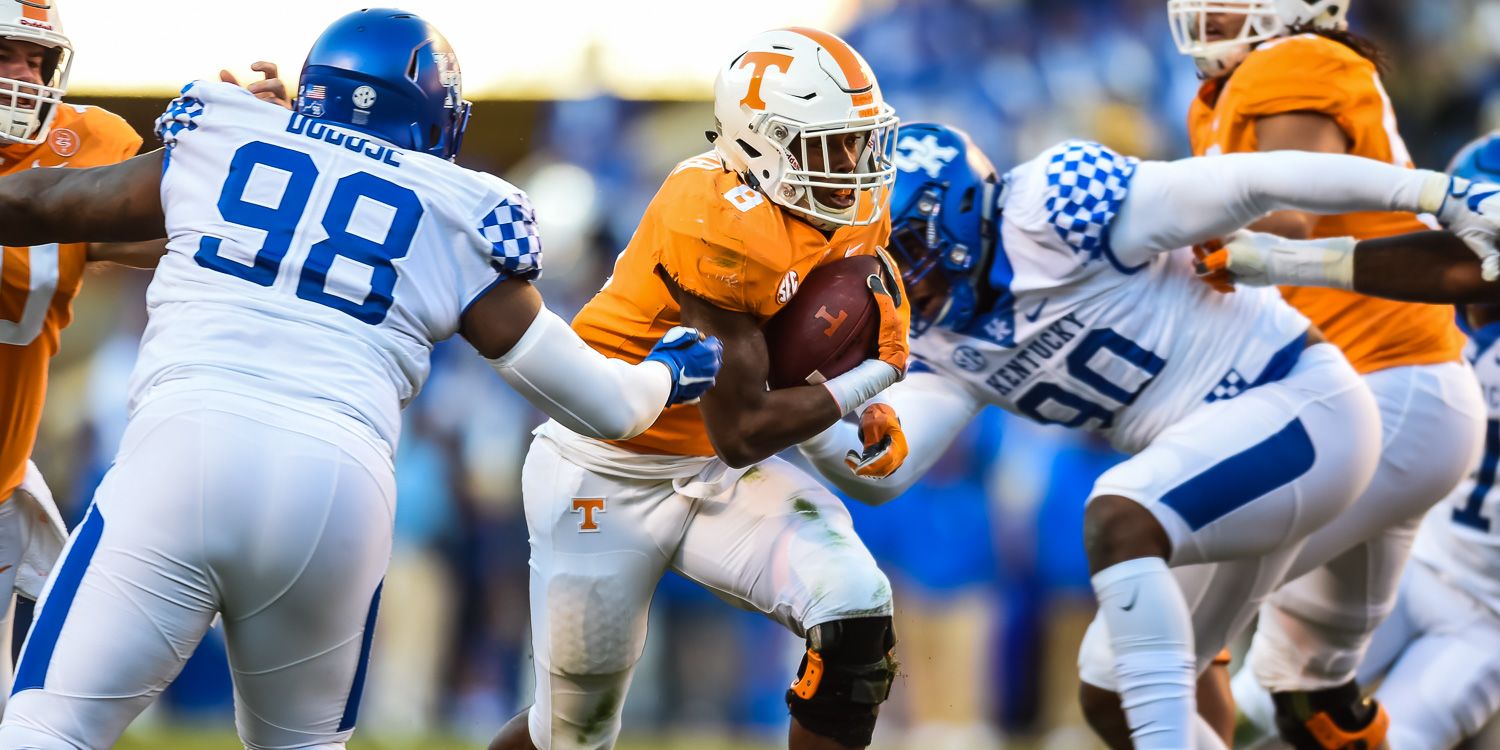
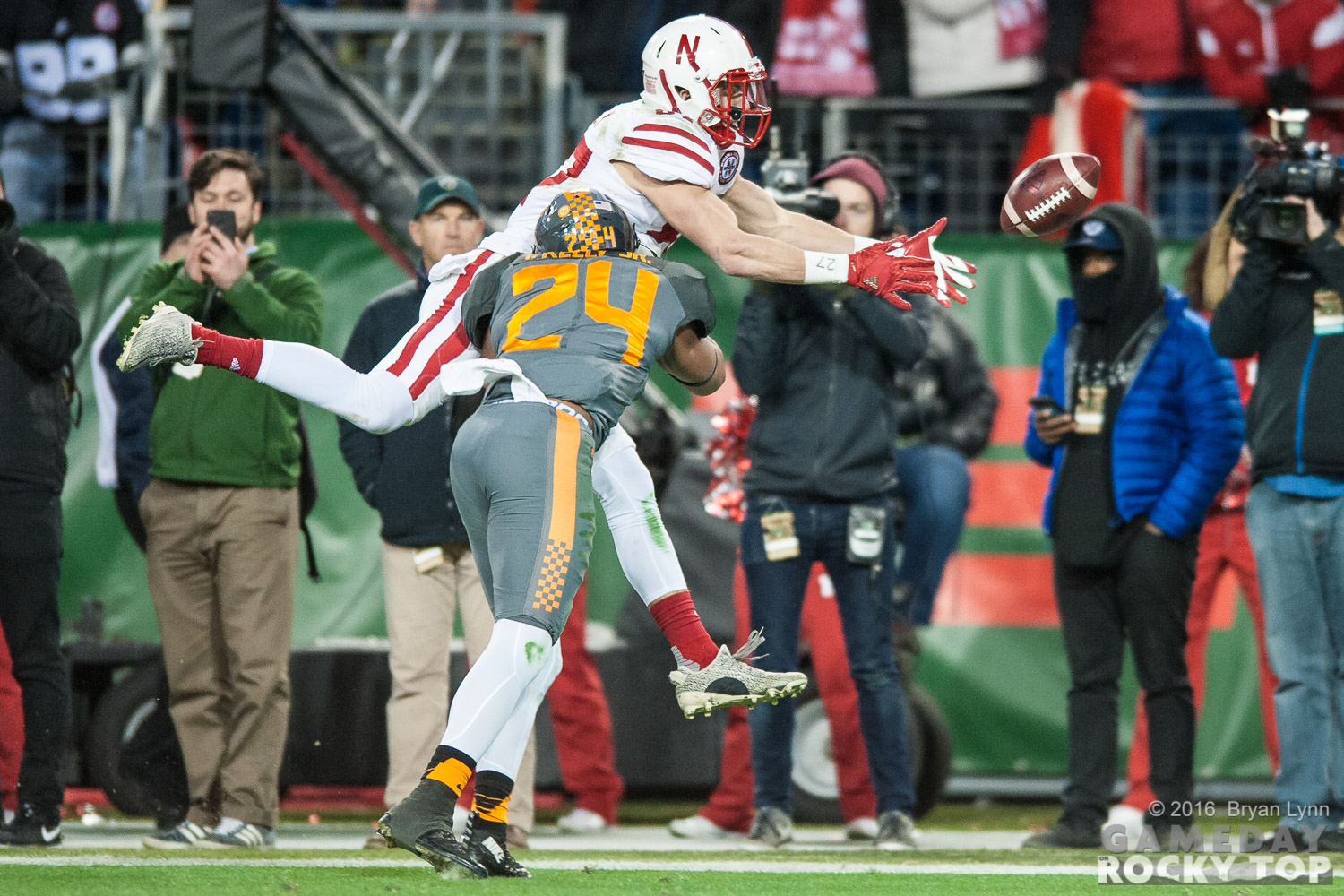



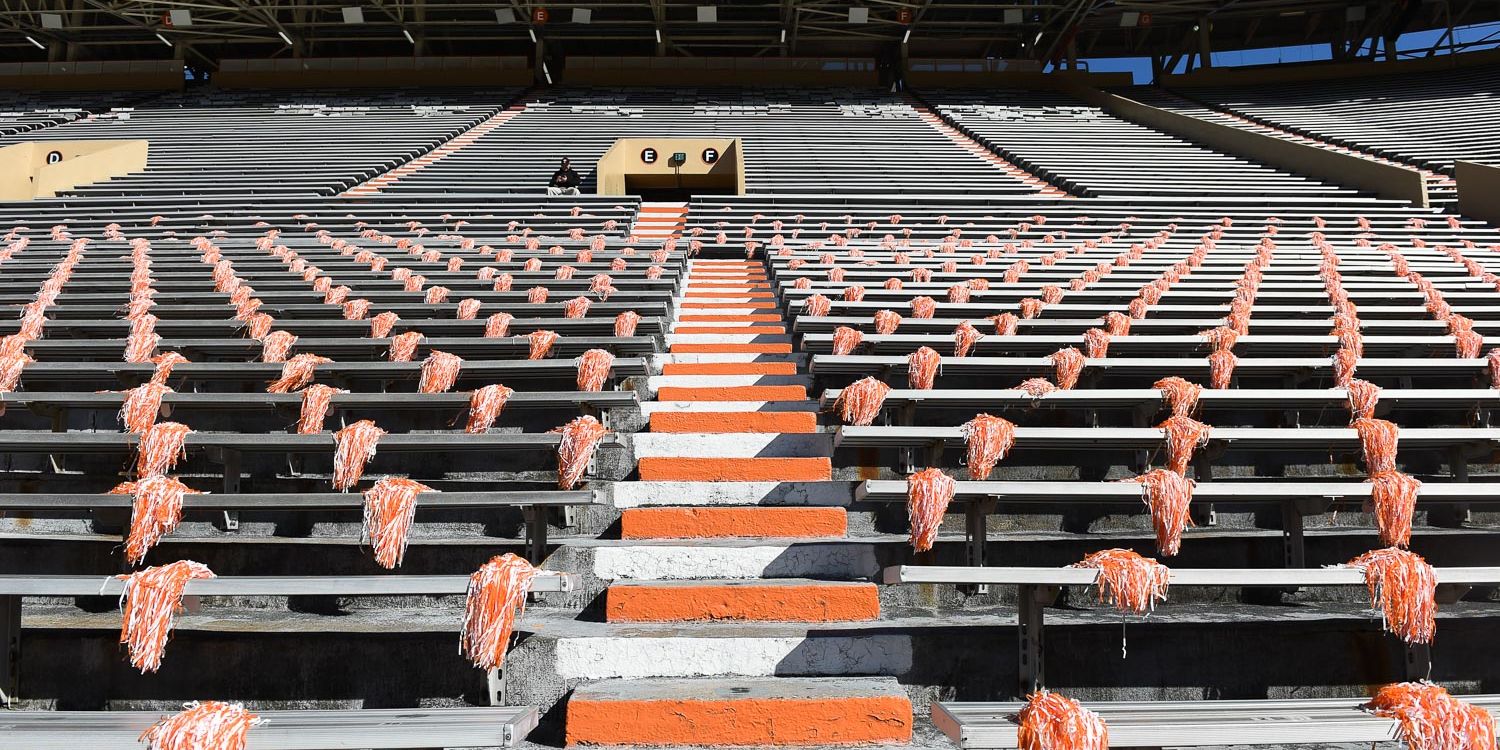
You must be logged in to post a comment.